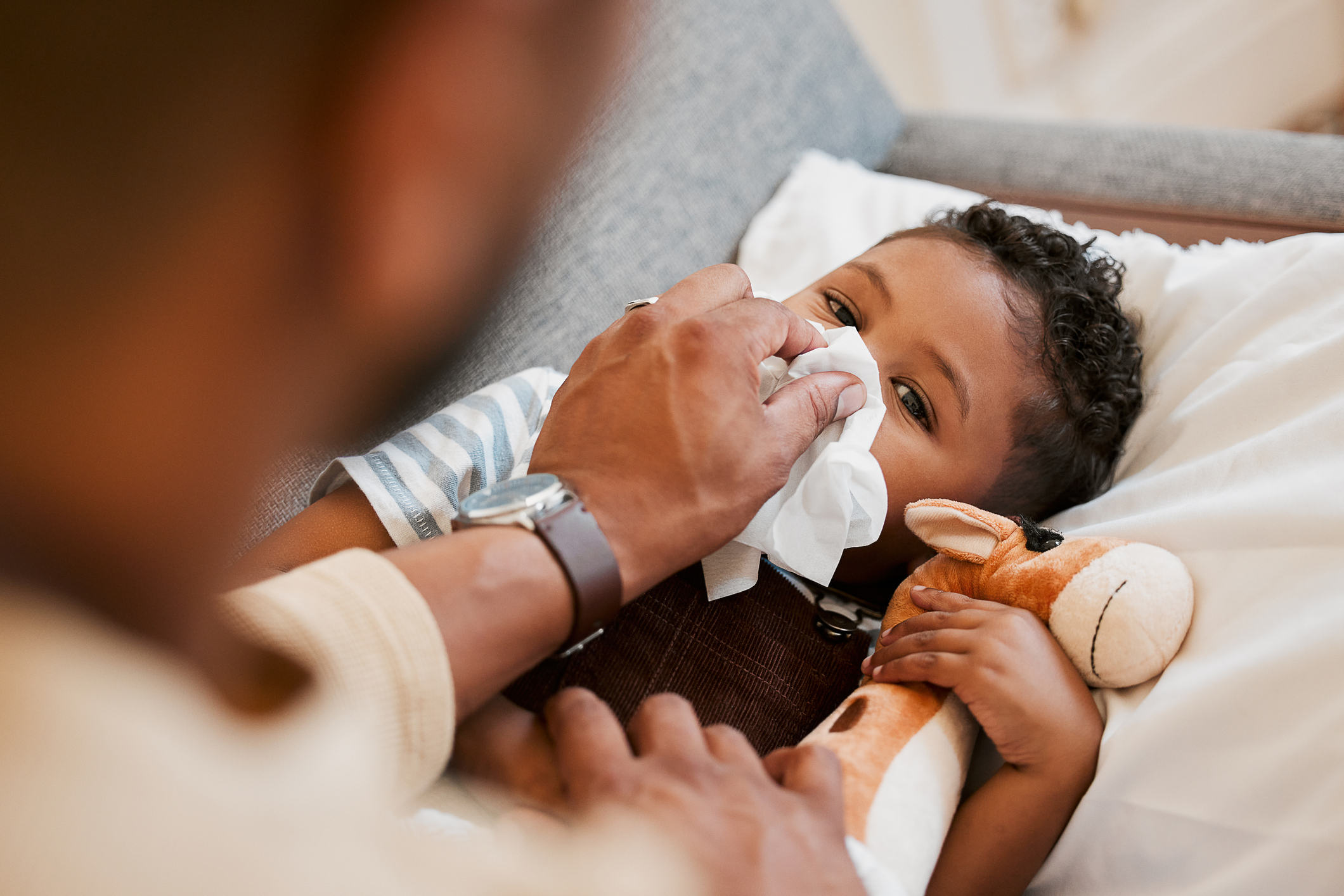What’s your favorite season? Chances are no one says flu. And rightfully so. The chills and fevers, the aches, the coughing and sneezing. The general ICK. As the perennial season nears, clinical experts are here to remind the public of their best defenses against illness.
Each flu season is based on experts gathering and analyzing influenza surveillance data. In the most basic terms, these experts map and model the information to form predictions. While this research is highly specialized, a simpler way to think of it is how meteorologists track all the factors that help them create weather forecasts.
So, what’s in store for this year? Well, just like the weather, the flu can be unpredictable.
“We use our best judgement based on the information we have at any given time about the severity of flu season,” said Dr. Jeffrey Silvers, medical director of pharmacy and infection control for Sutter Health. “While it appears that cases may not be as high or as severe as last season, we also aren’t masking or distancing like we have in the past. This could lead to higher rates of flu.”
Dr. Silvers said there is one certainty for any flu season: Getting a flu vaccine every year remains one of the best ways to protect yourself from influenza. The flu vaccine is expected to be available in September.
“Based on emerging data, this year’s vaccine seems to be a good match for the influenza strains circulating in other parts of the world,” he said. “Receiving the vaccine doesn’t guarantee you won’t get the flu. Still, the protection a vaccine provides help against serious complications.”
The flu can be especially dangerous for the very young and the immune-compromised, said Dr. Silvers. Parents of children 6 months and older can rest assured that the flu vaccine provides young children with protection from the flu as well as some other respiratory illnesses. The flu vaccine is also safe for pregnant women.
“A mom-to-be who receives the flu vaccine provides her unborn baby with antibodies to protect the baby against influenza,” said Dr. Silvers. “This is especially important during the first 6 months of life before the baby is old enough to be vaccinated.”
This year, there are three approved influenza vaccine formulations for people 65 and older—another vulnerable population. The CDC advises that everyone in this age group should receive one of these enhanced formulations since they offer stronger protection. Only one of these is labeled “high-dose,” but all three are considered equivalent.
Last year, we experienced a “tripledemic”: a situation when the flu, respiratory syncytial virus, or RSV, and COVID-19 viruses all circulated at the same time. This could happen again this year, presenting us with a “respiratory virus season.” Getting sick with two or more of these respiratory viruses at the same time—or catching one virus after another—can be serious. Fortunately, RSV shots and COVID vaccine boosters also exist.
“We definitely know that the COVID and flu vaccine can be given at the same time. There’s good data to support that,” said Dr. Jennifer Louie, a pediatric urgent care specialist with Sutter’s Palo Alto Medical Foundation. “Because of the RSV vaccine, it’s fairly new, [the CDC] would recommend having that vaccine two weeks apart from the COVID and flu vaccine. But again, they can all be given in a relatively short amount of time within one another.”
Dr. Louie reminds the public that the ideal to get vaccinations is September through October, before the winter months when more people are apt to gather indoors. Vaccines are meant to boost your immune system, but that takes a couple of weeks to fully go into effect. For kids who are 8 years and under who are getting the flu vaccine for the first time, they actually need the shots four weeks apart.
“Life gets busy and sometimes time is so fast, faster than we expect,” said Dr. Louie. “So even if families might miss the ideal window, it’s always better to get a flu vaccine late rather than never.”
Dr. Silvers also acknowledged that there are no perfect solutions for respiratory virus season, but readiness and relying on basic infection prevention measures are key.
“Vaccinations in general are the best way to prevent getting sick when they’re available,” he said. “Hand hygiene, masking, social distancing–those are also very important.”
Note: This content is not intended to be a substitute for professional medical advice, diagnosis or treatment. Always seek the advice of your physician or other qualified health provider with any questions you may have regarding a medical condition. Never disregard professional medical advice or delay in seeking it because of something you have read on this website.





